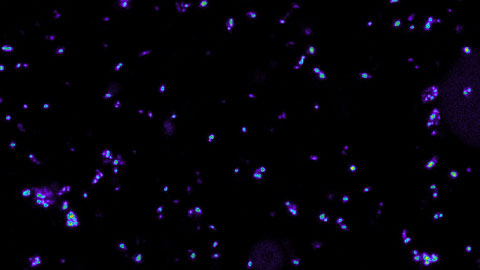 IBEC is celebrating its 9th annual IBEC Symposium today at Barcelona’s AXA Auditorium.
IBEC is celebrating its 9th annual IBEC Symposium today at Barcelona’s AXA Auditorium.
This year the theme will be ‘Bioengineering for Active Ageing, which is one of the institute’s three main areas of application.
The global ageing population will have considerable consequences, but biomedical engineering can contribute greatly to improving the quality of life of older people. Assisted living technologies such as telecare, home-based devices and services that support daily life with a remote link to a call-centre, and telehealth – remote monitoring, consultation and diagnosis – can help support independent living at home, keeping patients out of hospital and residential care for longer. Advances in sensors, signal treatment, data analysis, robotics and intelligent control systems at IBEC are enabling the development of remote care or assisted living, so that people with dementia or long-term health conditions can remain in their own homes.
 Application Deadline: 15/09/2016
Application Deadline: 15/09/2016


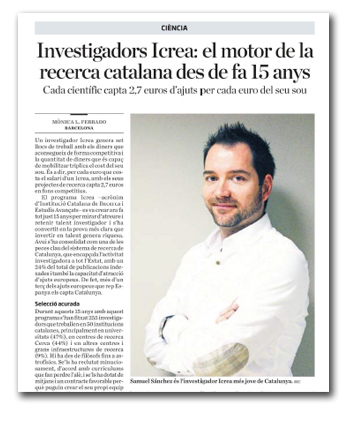
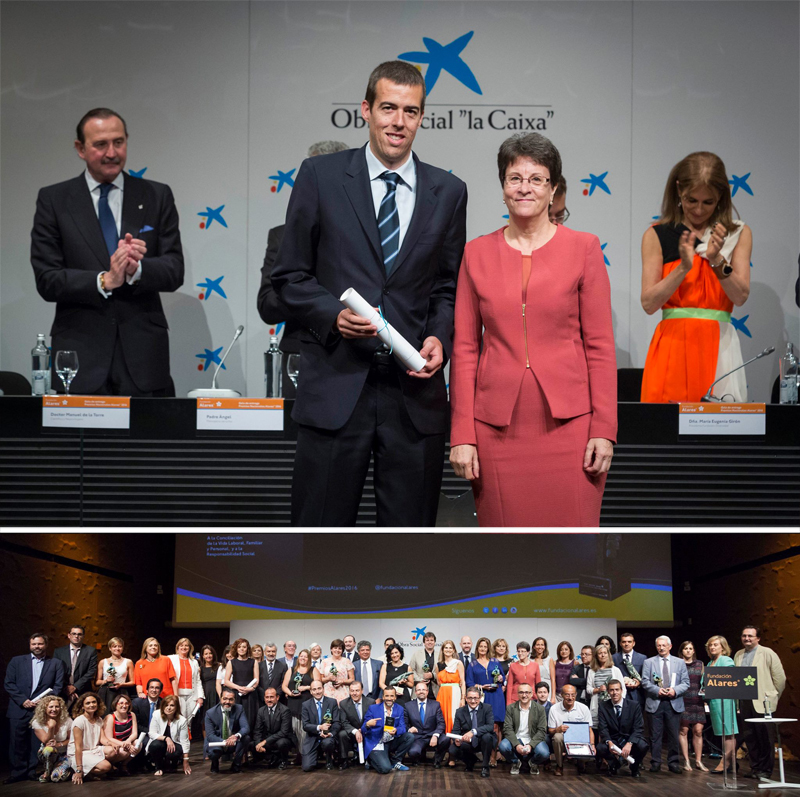
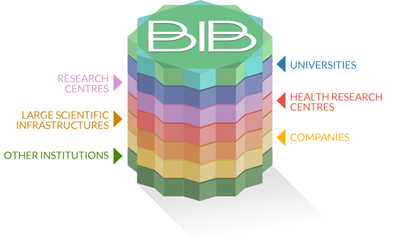
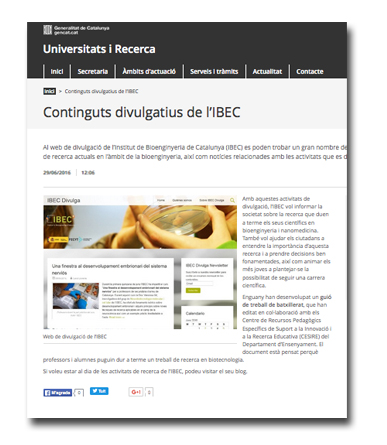
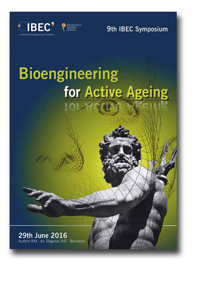
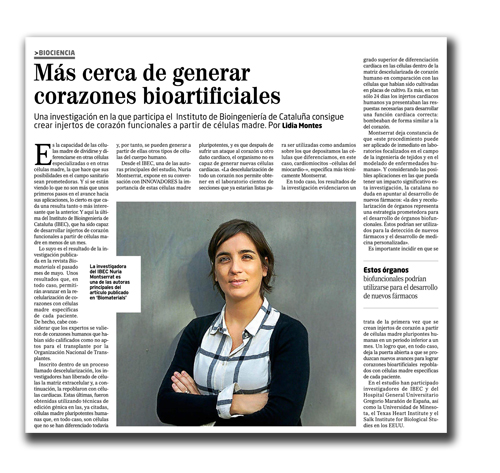
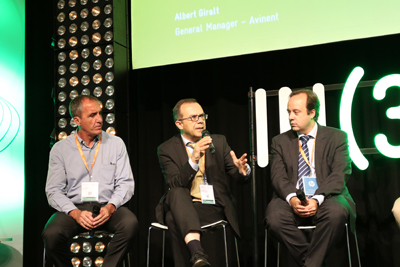
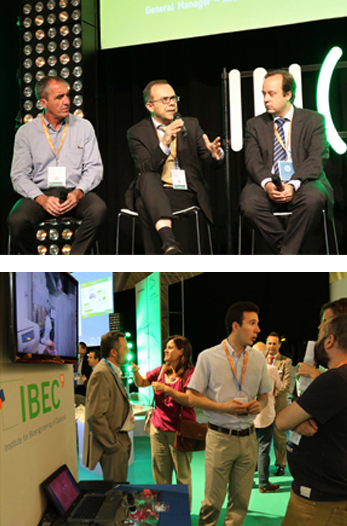 IBEC Director Josep Samitier and the Technology Transfer unit introduced IBEC’s 3D bioprinting capabilities at the first IN(3D)USTRY event, which was held in Barcelona last week.
IBEC Director Josep Samitier and the Technology Transfer unit introduced IBEC’s 3D bioprinting capabilities at the first IN(3D)USTRY event, which was held in Barcelona last week.